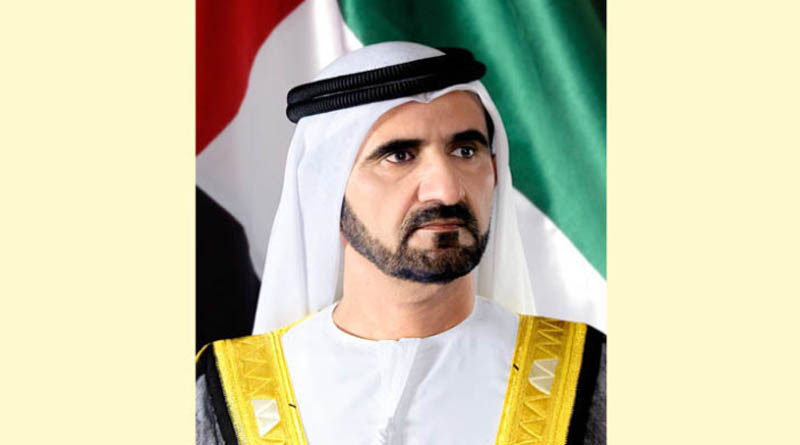Dubai has issued a new law to encourage more public-private partnerships in the emirate. The law has been issued by Sheikh Mohammed bin Rashid Al Maktoum, Vice President and Prime Minister of the United Arab Emirates and ruler of Dubai. The new law aims to encourage the private sector to participate and increase investment in projects that will further the economic and social development of Dubai. It also allows the government to implement its strategic projects “effectively and efficiently and harness financial, administrative, technical and technological expertise of the private sector. The law regulates terms for partnerships between the public and private sectors as per a specific partnership agreement. The project has to be “economically, financially, technologically and socially feasible. It also stipulates the conditions required for the approval of projects. A public sector entity’s director general or deputy can approve a project as long as the total cost that will be incurred through the partnership agreement does not exceed Dhs 200m.For projects with a total cost of between Dhs 200m to Dhs 500m, the Department of Finance will be responsible for granting approval. Projects valued at more than Dhs 500m will need to be approved by the Supreme Financial Policy Committee.
The new law seeks to increase productivity and improve the quality of public services and enable the transfer of knowledge and experience from the private to the public sector. It will also help train and qualify Emirati public employees in the areas of management and operation of projects, the report stated. The new law is also hoped to allow residents to have better access to services at a lower cost. Dubai is currently investing heavily on building infrastructure as it prepares to host the World Expo in 2020. According to estimates, infrastructure development and operations related to the expo alone will cost around Dhs 32.39bn.The city is also boosting development as part of its ambitious tourism agenda – to welcome 20 million tourists annually by 2020.


